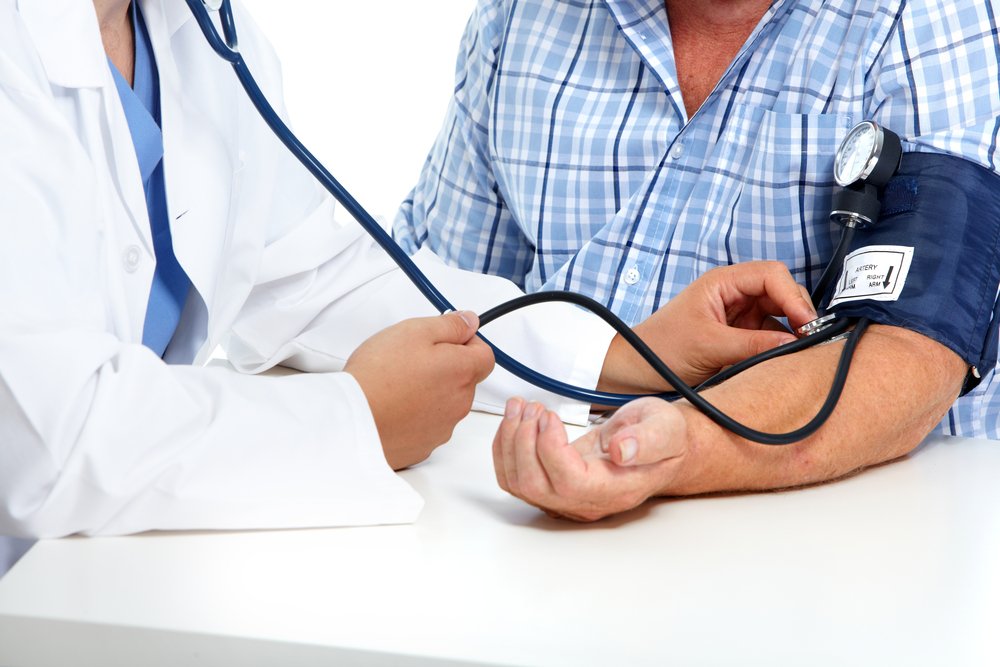Have you ever glanced at your blood pressure reading and wondered what those numbers mean? If your reading is 130/180, it’s time to pay attention. This isn’t just a number – it’s a sign that your health might be at risk.

High Blood Pressure: The Silent Killer
Hypertension, or high blood pressure, is often called the “silent killer” because it rarely causes noticeable symptoms in the early stages. But don’t be fooled – it’s a serious condition that can lead to devastating consequences if left untreated.
What Does 130/180 Mean?
Let’s decode those numbers:
- 130: This is your systolic pressure, the force of blood against your artery walls when your heart beats.
- 180: This is your diastolic pressure, the pressure between beats when your heart rests.
- 130/180: This reading falls into stage 2 hypertension, a serious condition that requires immediate attention and management to lower your risk of complications.
Why Does High Blood Pressure Matter?
Think of your arteries like a garden hose. When the pressure inside is too high, it can damage the hose, making it weaker and more likely to burst. The same thing happens to your blood vessels. Over time, uncontrolled high blood pressure can lead to:
- Heart Attack and Stroke: The most serious and life-threatening risks.
- Kidney Disease: High blood pressure can damage the delicate filters in your kidneys.
- Vision Problems: Blood vessels in the eyes can be damaged, leading to blurred vision or even blindness.
- Other Complications: It can also contribute to dementia, sexual dysfunction, and other health problems.
What Causes High Blood Pressure?
Several factors can contribute to hypertension, including:
- Unhealthy Diet: Too much sodium (salt) and unhealthy fats.
- Lack of Exercise: A sedentary lifestyle puts you at risk.
- Obesity: Excess weight strains your heart.
- Smoking: This significantly damages your blood vessels.
- Alcohol Abuse: Excessive drinking raises blood pressure.
- Chronic Stress: While not a direct cause, stress can contribute to high blood pressure.
Lifestyle Changes That Can Help
The good news is that you have the power to take control of your blood pressure! Here’s what you can do:
- Eat a Heart-Healthy Diet: Load up on fruits, vegetables, whole grains, and lean protein. Cut back on sodium, saturated fat, and sugar.
- Get Moving: Aim for at least 30 minutes of moderate-intensity exercise most days of the week.
- Quit Smoking: This is one of the best things you can do for your overall health.
- Limit Alcohol: If you drink, do so in moderation.
- Manage Stress: Explore relaxation techniques like meditation, yoga, or deep breathing.
Medications May Be Necessary
In some cases, lifestyle changes alone may not be enough. Your doctor may prescribe medications to help manage your blood pressure. These can include diuretics, beta-blockers, calcium channel blockers, and ACE inhibitors.
Your Health is in Your Hands
A blood pressure reading of 130/180 is a wake-up call, but it’s not a life sentence. By taking proactive steps to manage your blood pressure, you can significantly reduce your risk of serious complications and live a healthier, longer life.
If you’re concerned about your blood pressure, don’t hesitate to talk to your doctor. Together, you can create a plan to get your numbers back to a healthy range.
